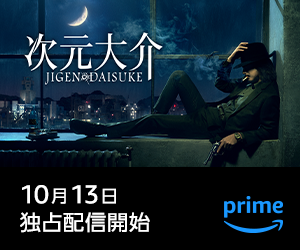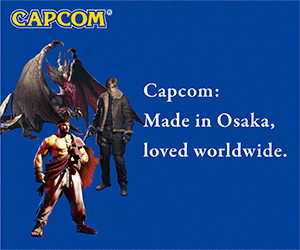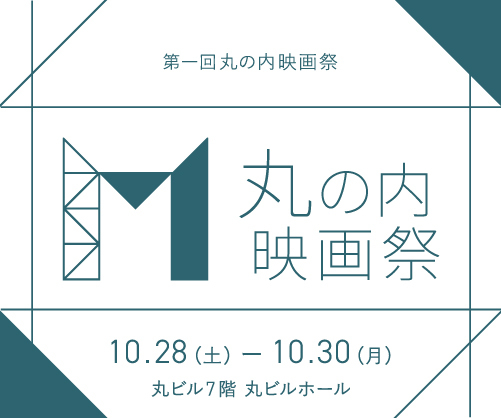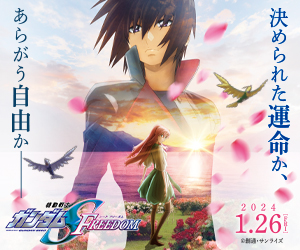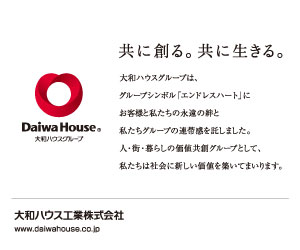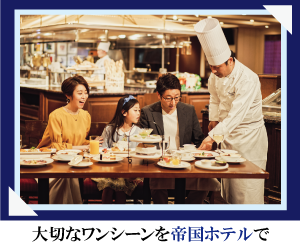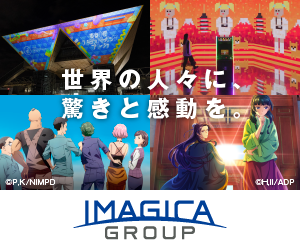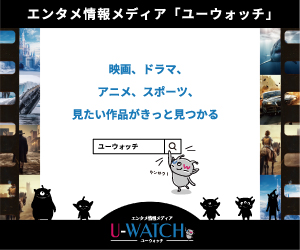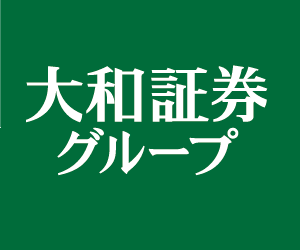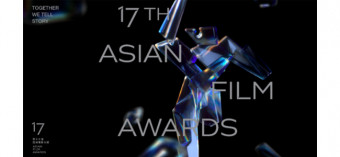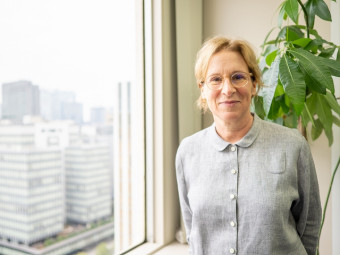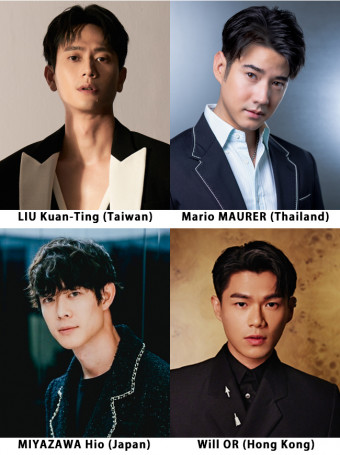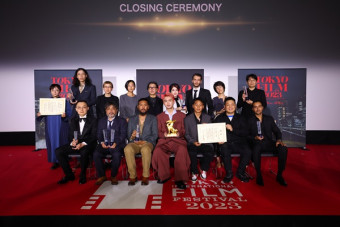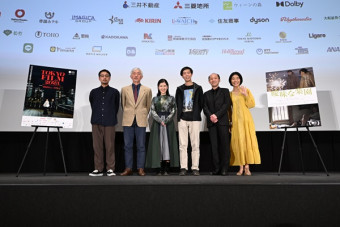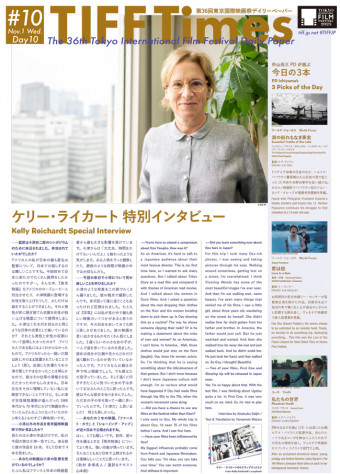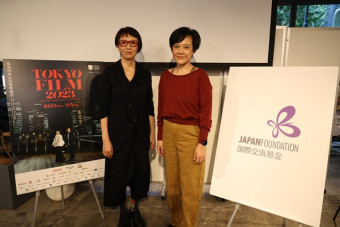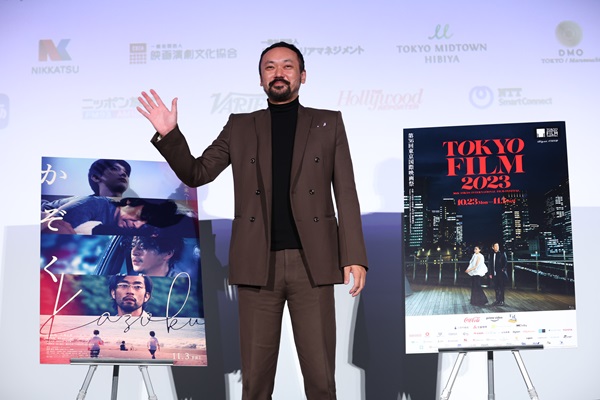
Selected for the 36th Tokyo International Film Festival’s Nippon Cinema Now section, Family had its world premiere screening on October 30. At the post-screening Q&A session, Sawa Kan, making his directorial debut with the film, told the audience, “This is my first feature film and it’s very important to me. It’s based on my life experience, and I made it with a group of friends that are very dear to me. I hope it leaves something in your heart and becomes an important film for you as well.”
Sawa is already an established photographer and costume designer, having worked for such films as Miike Takashi’s 13 Assassins (2010) and the popular Rurouni Kenshin series (2012, 2014 and 2020). For his directorial debut, Sawa explained why he chose to adopt a comic book by the legendary artist: “I thought about why I am as I am now. I looked back on the past, my family and the environment I grew up in. That’s how I came to this theme of family. I read the comic book before, but I reread it and rediscovered it. I found these spaces in-between in the stories that the author told. I though they were very cinematic. So I took the episodes that I was interested in, structured them into a film, and started this project.”
From the title, one might imagine that Family is one of those Japanese films that guarantees tears and catharsis, that it will reconfirm the significance of family and all will be right with the world wrong. Nothing could be further from the truth. The film shows the destruction of the familial system and the tragedies arising from people being stuck together. Based on the uncompleted comic book by Tsuchida Seiki, who passed away at an early age in 2012, Family portrays four different stories with parallel editing, each of which has its own male protagonist who is impacted by a traumatic past. Without being judgmental towards their actions, the film quietly depicts the consequences of their emotional struggles and their impacts on their family members.
Family stands out for its cinematography, which is astounding, and its editing, especially the way in which the four different stories unfold, separately but together. According to the director, this form of storytelling is his intentional choice: “In the comic book, these episodes are told separately. I thought about merging those stories together at the end. I decided to put them next to each other because I thought it might bring out different emotions.”
In addition, the sound editing of Family is also meticulously constructed, which requires the audience’s strong concentration. For Sawa, the sound design was an essential element for tackling the theme of family. According to the director, “I wanted to show the experience of watching and hearing. In the film, I put more importance on watching because I wanted the audience to concentrate on watching.
“Sometimes in life, we don’t realize things that are there and important to us. The same thing can be said for family. Sometimes we do not see it very clearly, but there are people who are supporting us. I wanted to make that an experience and show it to the audience. Maybe you cannot hear it, but you can feel it.”
One implied theme of Family is rurality in Japan, which is deeply connected to the issues of today. On this point, Sawa noted, “Tsuchida Seiki is from Akita. And I also have Akita blood in me. So, I took that as a keyword and wanted to express what region and family mean. But when selecting locations, I tried to look for a place that portrays the emotions of the characters, so I tried not to depict a specific place.”
Family will have its domestic release on November 3.
Q&A Session: Nippon Cinema Now
Family
Guest: Sawa Kan (Director)












